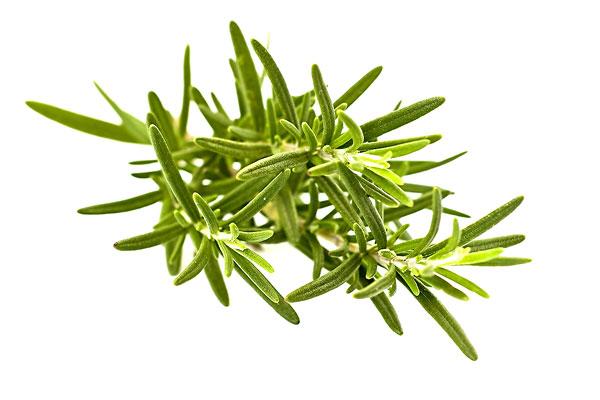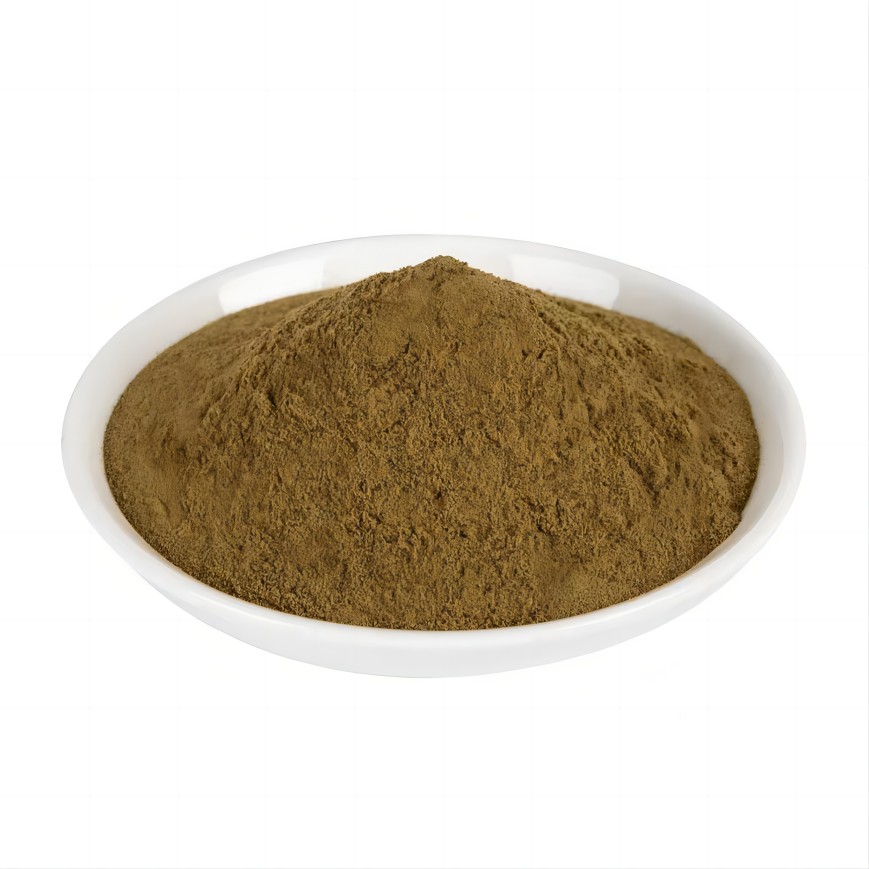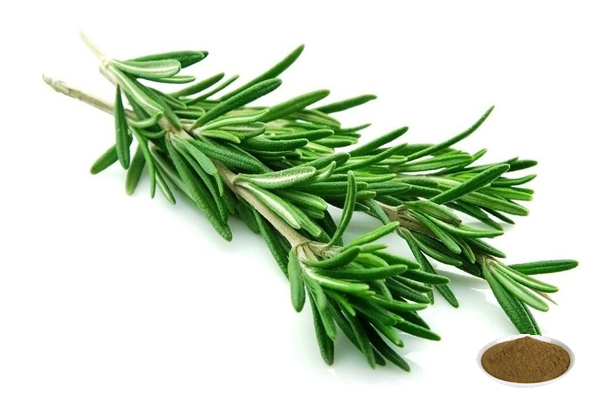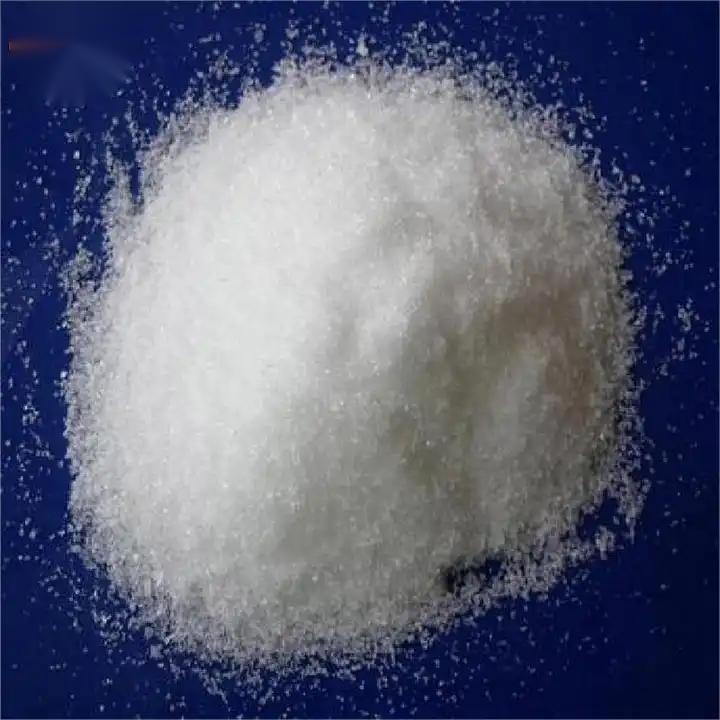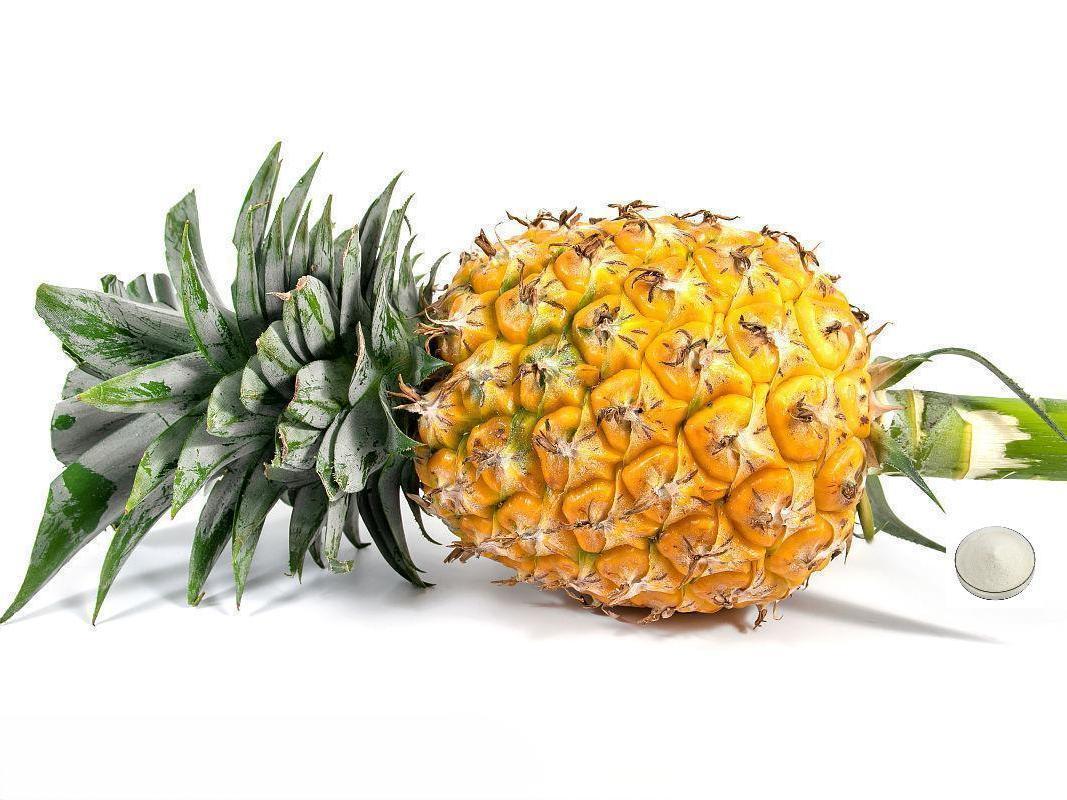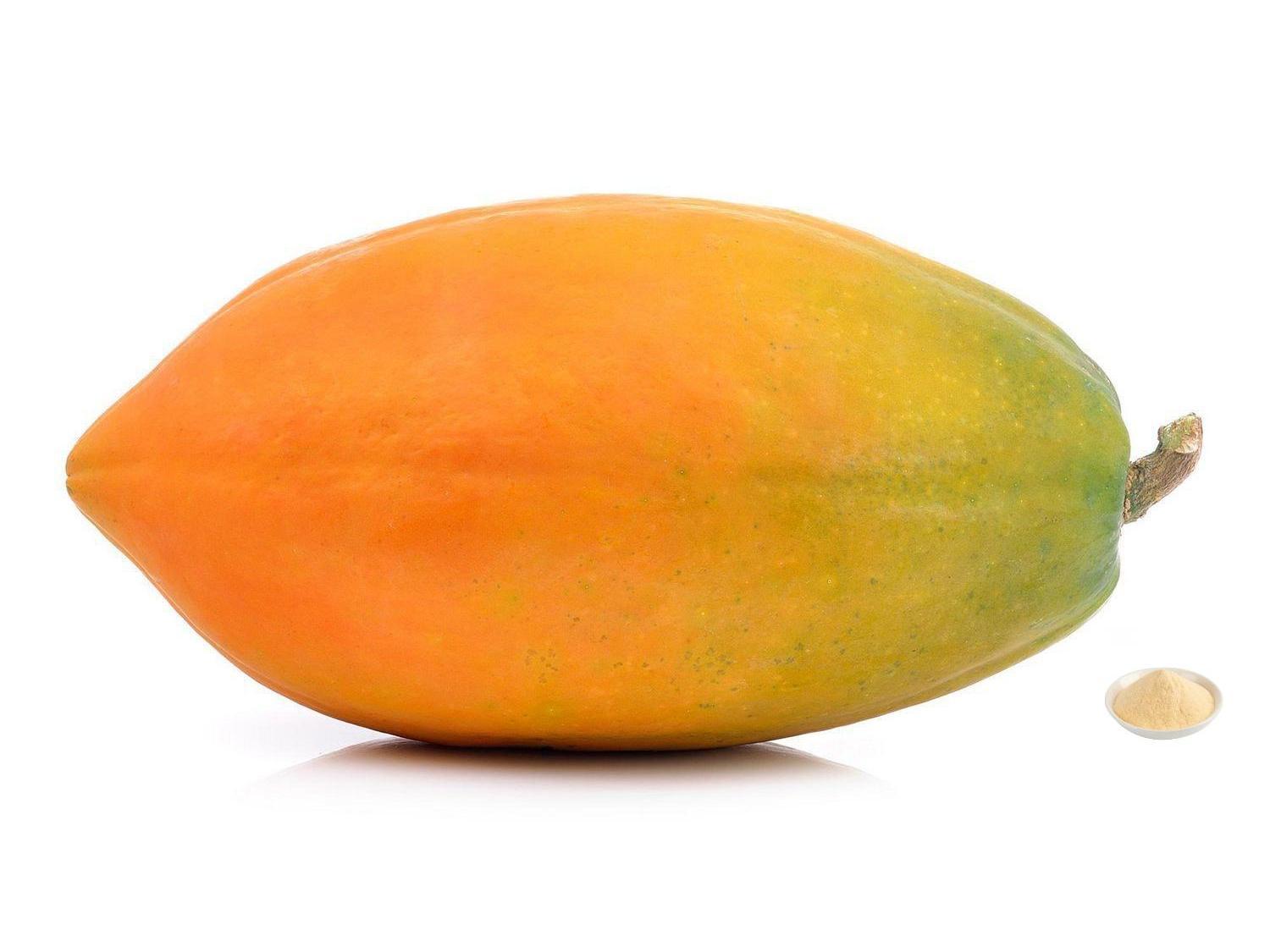Extrait de romarin acide carnosique 20% par HPLC
Source: feuille de romarin
Ingrédients actifs: acide carnosique
CAS nr.:3650-09-7
Analyse :20%
Méthode d’essai :HPLC
Apparence: poudre jaune ou brune
Résidu de Pesticide: conforme à la norme (ce) No 396/2005
- Description Description
- Fiche technique
- Certificat de formation
-
Qu’est-ce que l’acide carnosique extrait de romarin?
Extrait de romarin acide carnosique is a diterpenoid monomer extracted from the plant rosemary, with low polarity, insoluble in water, soluble in oil, with high antioxidant, safe and non-toxic, high temperature resistance, and other characteristics. Due to its obvious antioxidant effect, safety and non-toxicity, and high temperature resistance, it is still stable and has an antioxidant property under 200℃, which makes it still applicable in food processing, such as boiling, frying, deep-frying, baking, etc., and it is regarded as a multifunctional antioxidant.
Extrait de romarin Acide carnosique 20% 20% by HPLC/HPLC supplied by Green Spring Technology uses a supercritical carbon dioxide extraction process to extract the active ingredients from rosemary leaves. The entire extraction process is carried out under an inert carbon dioxide atmosphere and lower temperatures, which reduces the chances of oxidation of the active ingredients during the extraction process to zero. Non-destructive sterilization techniques are also used to protect the original ingredients and oil-soluble nutrients from being destroyed. The resulting Rosemary Extract Carnosic Acid is a stable, non-polluting, oil-soluble antioxidant product with no chemical solvent residues.
Fondée en 2000, Green Spring Technology se spécialise dans la recherche, le développement et la fabrication d’ingrédients actifs à partir d’extraits de plantes et est un principal fournisseur d’extraits de plantes en Chine. Nous avons passé Halal, casher, COSMOS, BRC, IFS, FDA, ISO, et beaucoup d’autres certifications. Nous appliquons strictement un système de gestion de la qualité et organisons la production selon oin, HACCP, et d’autres normes de qualité. Nos produits sont fabriqués selon les normes les plus élevées de l’industrie internationale, qui sont conformes à ue EC396, ue 2023/915, et les normes les plus élevées de résidus de solvants.
Spécification:
Nom du produit
Rosemary Extract
Nom Latin
Rosmarinus officinalis L.
CAS non.
3650-09-7
Source:
Feuille de romarin
Ingrédients actifs
Carnosic Acid
spécification
20%
Méthode d’essai
HPLC
apparence
Poudre jaune ou brune
Résidus de pesticides
Conforme à la norme (ce) n ° 396/2005
Règlement:
Il est conforme à la réglementation de l’ue.
Vous cherchez un devis?Benefits:
Antibacterial
Studies have shown that rosemary extract Carnosic Acid has different degrees of inhibitory effect on Staphylococcus aureus, Escherichia coli, Bacillus subtilis, and Saccharomyces cerevisiae, and can be used as a food preservative. The antibacterial effect of rosemary extract is strong, and the antibacterial effect is mainly due to a variety of phenolic and flavonoid substances contained in rosemary extract. The antibacterial effect of rosemary extract is related to the inactivation of cellular enzymes, the inactivation of enzymes depends on the speed of substances entering the cell or changes in the permeability of the cell membrane, RA can make the streptococcal staphylococci reduce the activity of staphylococci transferase and impede its growth and biofilm formation.
Antioxidant
Rosemary extract carnosic acid has excellent free radical scavenging and antioxidant properties. Its DPPH, ABTS free radical scavenging ability and iron-reducing antioxidant ability are stronger than VE, slightly weaker than the synthetic antioxidant TBHQ; its reducing ability is stronger than VE and TBHQ.Sage acid is fat-soluble, which effectively inhibits the formation of peroxides in fats and the decomposition of polyenylated fatty acids, thus prolonging the shelf-life of the fats and oils.
Anti-inflammatory
Rosemary extract can inhibit inflammation to a certain extent, mainly through the phenolic acids, CA, and rosemarinic acid on the modulation of inflammatory factors and inflammatory action-related pathways. The mechanism of the anti-inflammatory effect of rosemary mainly includes maintaining cell viability, inhibiting the production of immune factors, hindering the occurrence of enzymatic reactions induced by inflammatory factors, inhibiting the formation of diseased cells, and inhibiting the aggregation, adhesion, and migration of inflammatory cells.
Applications:
In the Food Field:
Rosemary Extract carnosic acid is suitable for antioxidant use in oil-soluble ingredients. It stabilizes fats and oils, extends storage time, prevents or delays oxidation of fats and oils or oil-containing foods, improves food stability, and extends the storage time of stored items. Sage acid is used as a flavoring agent for meat and fish to prevent oxidation of meat products such as ham and sausage. It inhibits the fishy odor of frozen fish and meat products and also prevents oxidation in foods fried at high temperatures and light deterioration after packaging.
In Pharmaceutical:
Rosemary extract also has strong antibacterial and anti-inflammatory activity. It can be used to treat some skin inflammation, respiratory tract inflammation, and acute inflammation of lung damage, and in 1983, European countries began to use rosemary extract to develop drugs for the treatment of varicose veins, cancerous sores, eczema, psoriasis, psoriasis, and skin infections.
In Cosmetics:
The antioxidant components in rosemary extract can improve the body's antioxidant enzymes, Mars, remove excessive free radicals in our body, and maintain the balance of free radical metabolism, thereby reducing the free radical-induced lipid peroxidation of biological membranes, protecting the normal metabolism of the body, with excellent anti-oxidant and anti-aging effects. Carnosic acid is a natural antioxidant ingredient extracted from the plant rosemary, which has long been sold in Europe and the United States as a raw material for skin care products.
For Feed Product:
The antioxidant components in rosemary extract can improve the body's antioxidant enzymes Mars, remove excessive free radicals in our body, and maintain the balance of free radical metabolism, thereby reducing the free radical-induced lipid peroxidation of biological membranes, protecting the normal metabolism of the body, with excellent anti-oxidant and anti-aging effects. Carnosic acid is a natural antioxidant ingredient extracted from the plant rosemary, which has long been sold in Europe and the United States as a raw material for skin care products.
-
Get Your Free COA
-
Télécharger le document
Cosmos Green Spring Technology
Télécharger le documentHalal Green Spring Technology
Télécharger le documentKosher Green Spring Technology


 Anglais
Anglais français
français espagnol
espagnol russe
russe coréen
coréen japonais
japonais



